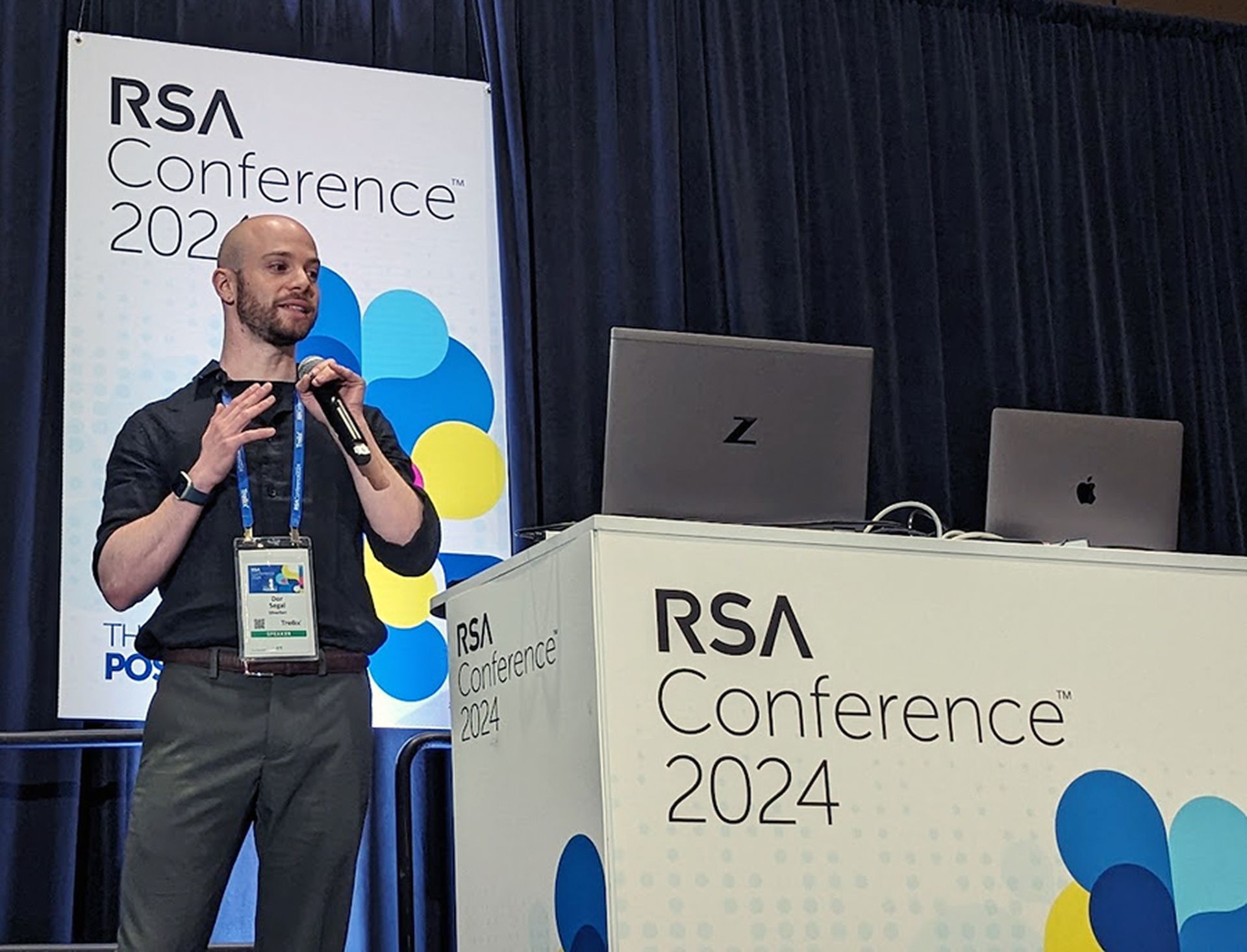The European Commission yesterday acknowledged in a public document that it possesses no evidence to support the notion that software from Russia-based Kaspersky Lab software is malicious. The admission comes about 10 months after the European Parliament passed a resolution calling for the European Union to ban dangerous software, naming Kaspersky products as specific example.
The statement came in the form of an official response to questions previously submitted by right-wing Belgian politician and European Parliament member Gerolf Annemans, who asked the Commission if it had any reasons to justify the labeling of Kaspersky products as malicious.
"The Commission is not in possession of any evidence regarding potential issues related to the use of Kaspersky Lab products," replied Bulgarian politician and European Commissioner for Digital Economy and Society Mariya Gabriel, on behalf of the EU.
Kaspersky has come under scrutiny in recent years over repeated allegations – denied by the vendor – that Russian intelligence officials work closely with the company and use its anti-virus products as tools to spy on users. In 2017, the U.S. Congress passed legislation banning federal use of Kaspersky products and services. The Department of Homeland Security had issued a similar ban just months earlier.
In addition to issuing denials, Kaspersky has responded to concerns by launching a Global Transparency Initiative and announcing that it would move some of its core processes from Russia to Switzerland. Still, Kaspersky continues to be the subject of much intrigue and controversy. Just today, the AP published a report describing an alleged, bungled spy operation in which an operative using the alias Lucas Lambert met with prominent Kaspersky critics to see if they were paid to denigrate the company. It remains unclear who the man was working for.



